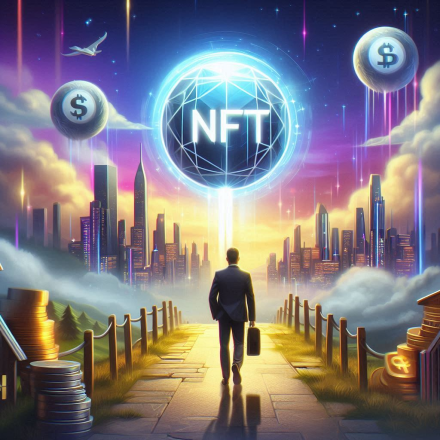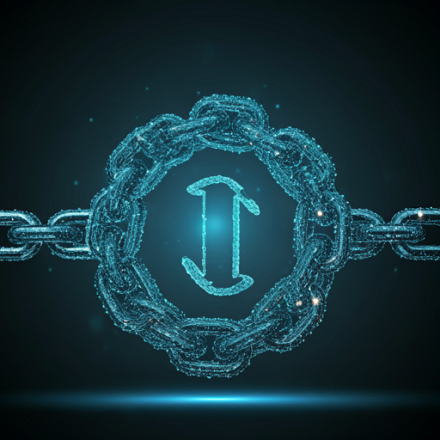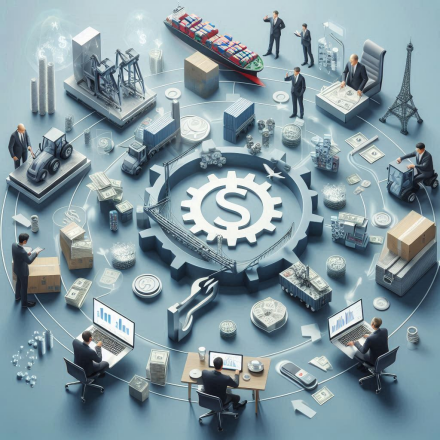The two forces- blockchain and AI- seem to engage with an ever-advancing level of complexity while continually improving technology, taking on the toughest problems in the digital world. Blockchain has already transformed the way transactions and data storage are viewed due to its decentralized, transparent and immutable nature whereas AI has been recognized for processing and analyzing unbelievable quantities of information at lightning speeds. These, when combined, have the potential to revolutionize security for distributed systems and provide more efficient and reliable solutions.
In this article, we take a look at how blockchain and AI can work together with the help of real-world and use cases for transforming the security of distributed systems.
Understanding the Basics: Blockchain and AI
Blockchain is distributed ledger technology where data is inscribed in blocks connected one after another with a method of security, verifiability, and immutability, thus making sure that any type of information cannot be secretly altered. Because of this distributed nature, there is no single point of failure, hence blockchain is immune to attacks or manipulation.
Conversely, AI is the term for computer systems that can be applied to execute functions that are typically human intelligent, such as spotting patterns and learning from data, making decisions and solving problems etc. AI feeds on big data, through machine and deep learning models that eventually search through enormous data to predict or make decisions with more accuracy.
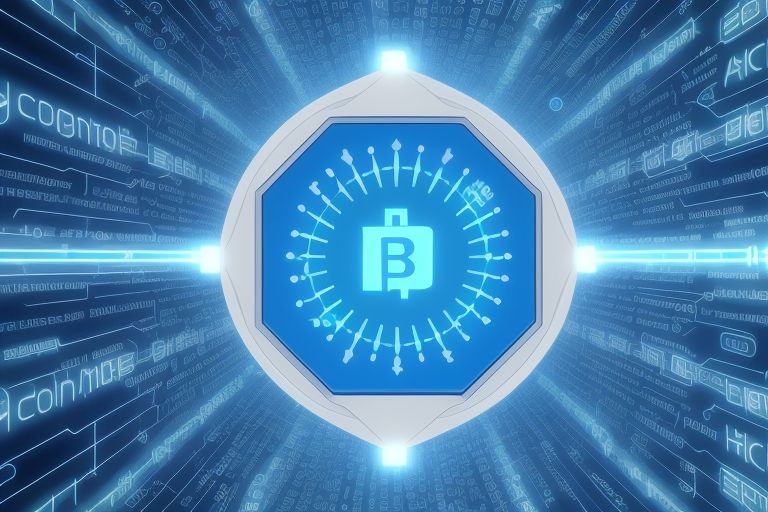
Improving Security: Where Blockchain Meets AI
In the aspect of distributed systems' security, blockchain and AI provide some differential benefits. But its real power is in how one complements the other.
- Blockchain Integrity for Enhanced Data Security: A blockchain is secured due to its immutable nature. You can hardly change data added to a blockchain. You have many nodes-the computers-in a distributed system. Authenticity at every node is ensured through verification of the data.
AI here plays its role specifically regarding the study of humongous data under processes within the blockchain. AI algorithms can scan for anomaly behavior, such as suspicious transactions or unauthorized attempts to access. For instance, IBM's Watson has developed AI algorithms in order to monitor and analyze security data; it has prevented more than 60 billion security incidents daily across its client networks. Blockchain and AI together can give a system whose data will be verifiable (blockchain) and shielded from the ever-present evolving cyber threats by AI.
- Enhancing Identity Verification by AI: Identity verification is one of the greatest problems that really exist when speaking about online security. Blockchain offers decentralized identity management, that is, a control mechanism where the individual owns his data without pointing to the intermediaries that are always waiting for a breach. With AI, this becomes even more feasible through real-time biometric verification involving face recognition, voice authentication, and more, making identity confirmations much more secure and faster than with conventional methods alone. It can improve distributed system access control significantly when distributed digital identity records, stored on blockchain, are combined with AI-driven biometric systems to minimize fraud possibilities.
According to MarketsandMarkets, the blockchain identity management market will grow up to $3.58 billion by 2025. Hence, it proves how significant secure and decentralized identity systems are.
Blockchain and AI in Distributed Security: Real-World Applications
- Financial Frauds in Banking: The financial sector has been much in a hurry to identify the potential of blockchain and AI. Today, it has become common for banks and other financial institutions to increasingly employ these technologies for fraud prevention, smooth internal operations and security.
One of the very good examples is JP Morgan that deploys blockchain for secured cross-border payment with integrating AI in real-time for fraud detection. According to Deloitte reports, banks implementing blockchain and AI can save up to 70% reduction in processing time as well as corresponding improvements in security.
- Patient Information Security in Healthcare: The healthcare system starts to adopt decentralized data storage for ensuring safety about the patient information and to ensure that the patient information cannot be modified or changed. Blockchain will facilitate securely sharing of patient records with diverse health care providers, while AI can develop insights on medical data in real time to be able to identify threats or anomalies. Medicalchain, a blockchain-based health platform, in 2022, tied up with AI companies to develop systems that would store and analyze medical records securely without revealing patients' information to provide more accuracy in diagnoses. According to Accenture, based on fraud, data breaches and administrative costs, the healthcare industry could save up to $150 billion annually by 2025 using blockchain technology with AI.
- Track Goods with Blockchain and AI in Supply Chain: Supply chains are extremely vulnerable to fraud and counterfeiting, as well as inefficiency, because they involve a lot of stakeholders and geographies. A blockchain technology guarantees to maintain a transparent record on where each product goes from the source to its destination point.
AI can analyze these data streams to identify risk, optimize routes, and predict the probability of incidents. Companies such as Walmart are already employing blockchain to track food safety in their supply chain, while AI-based predictive analysis also cuts down on delays and contamination. PWC (an auditing and accountancy consultancy organization) in its 2023 report, found that 30% of companies reported a 25% surge in efficiency and cost-saving using blockchain and AI in their supply chain.
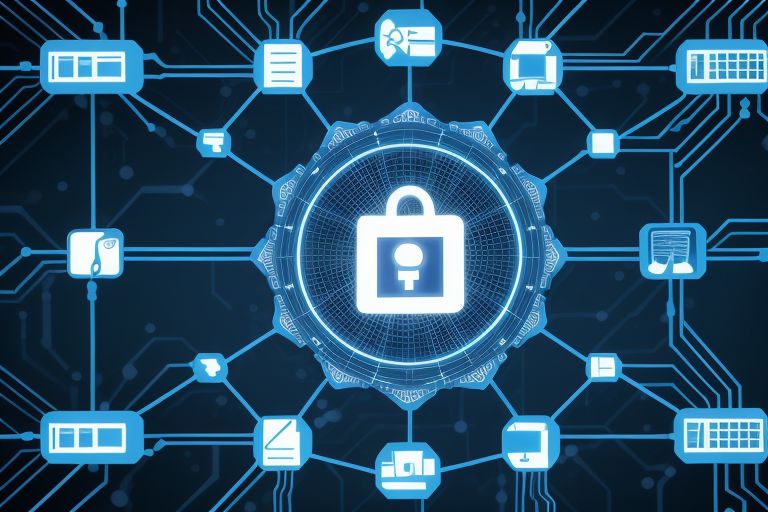
Measuring the Impact of Blockchain and AI on Security
With blockchain and AI, they are now measurable in terms of their impact on security. Companies that make use of blockchain and AI do not have cyber threats 40 percent, says a report by Capgemini. Distributed systems that embrace AI-driven security also detect and eliminate security breaches 60% quicker than those that do not.
Moreover, companies using AI to monitor blockchain networks have even seen up to 50% decreases in false positives for detected threats, resulting in less time and resources being used to investigate what could be cyber-attacks.
New Age of Security
The synergy of blockchain and AI brings revolutionary advancements in securing distributed systems. They created an ecosystem together in such a way that when blockchain guarantees the integrity of the data, AI watches for threats and anomalies in real-time. With this super powerful combination of blockchain and AI, industries like finance, healthcare and supply chains are now being transformed, bringing measurable improvements in security, efficiency and cost savings.
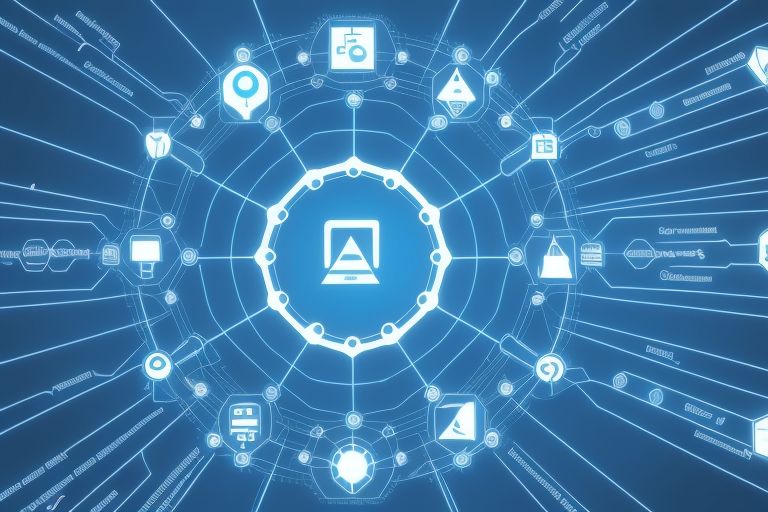
Challenges and Future Outlook
The convergence of blockchain and AI is very promising but at the same time, a challenge needs to be overcome. Integrating AI to blockchain systems is computationally expensive-that is, high processing power and additional storage requirements are involved. Moreover, since AI models continue to advance towards more complex systems, their openness and lack of bias are crucial.
It's just a matter of time, however, before such intense couplings become the new normal for industries, thanks to the continued maturing of AI and blockchain together. Indeed, by 2030, blockchain and AI are predicted to reach above half a trillion dollars in aggregate market value with the idea of security applications leading the charge as per McKinsey.
